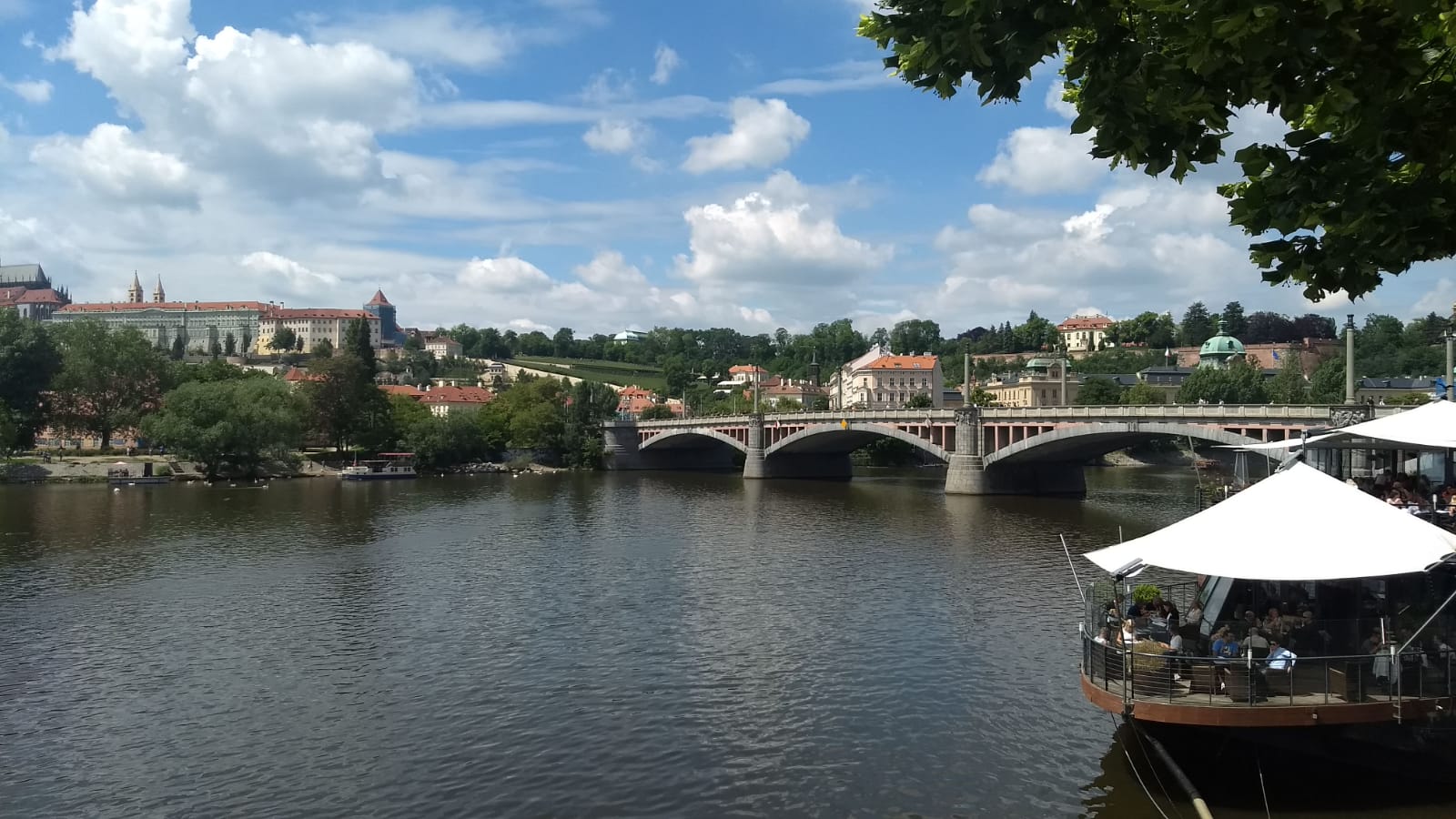Placement Information
Year you started your placement
2019
Placement period
May – August, September – December
Supervisor’s name
Sasha Boris
Project Details
Overview
The study of high temperature superconductivity is highly motivated by the fact that we have yet to develop a successful theory for its occurrence. Cuprates have some of the highest transition temperatures among high-Tc SCs and their phase diagram with respect to hole doping has been studied extensively. However, their behavior in the ultrathin film limit is not very well understood. Their study is also complicated by the fact that Cuprates have a complicated layered structure, with copper oxide planes sandwiching rare earth elements.Since the energies of the various orders in the phase diagram lie in the Terahertz regime, sub-millimeter, terahertz and infrared spectroscopy are the best tools to probe such materials.
Project objectives
My project was to study ultrathin films of DyBa2Cu3O7-x (DyBCO) using sub-mm spectroscopic techniques. I used a Mach-Zehnder style interferometer with a Backward Wave Oscillator source to measure the transmission and phase for DyBCO samples of various thickness. I performed transmission measurements for each sample over a range of temperatures to obtain the temperature dependence. I then extracted the superfluid density from the data to understand the way in which it scales with temperature and film thickness.
Research outcomes
Analyzing the superfluid density scaling for samples of various thickness, we observed a sudden jump in characteristics when approaching the single layer limit. With the aid of universal scaling relations, we were able to conclude that there exists a non-superconducting layer at the substrate-film interface. The epitaxial strain from the substrate on the crystal lattice is responsible for destroying the superconducting state in the film. In light of this layer, we were able to conclude that the sudden jump in the superfluid density scaling indicates the onset of 2D Superconductivity.
Project status
Completed
GauravTenkila – 2019 – Presentation
My Co-op Experience at MPI/ UTokyo
Why did you apply for this placement?
Condensed Matter is a very hot topic in physics at the moment, and I wanted to learn more about it before I considered it an option for grad school. The Max Planck Institutes are also highly renowned for the quality of science they produce and the facilities they have at their disposal. In addition, I had never been to Europe before and I felt this would be the perfect opportunity to explore a new continent.
What recommendations do you have for students who wish to participate in this exchange program?
I would recommend students to be very inquisitive regarding their projects and to openly ask any questions they have regarding their work. I would also encourage students to be open to new perspectives – particularly the different social values and customs that are prevalent. Reading up on some basic texts on the topic was also incredibly useful to better understand the work I was doing.
Tell us about your travels and cultural experiences
Summer in Germany, and Europe in general, is absolutely beautiful. It’s super easy and cheap to travel, especially if you plan in advance – I was able to fly to Marseilles and back for 20 euros. In the first few months, I visited quite a few places – Prague, Copenhagen, Marseilles and Brussels being the major ones. There are also great places to go hiking around Stuttgart – the Austrian Alps are a few hours away by train.
In the winter, the German Christmas markets are very nice to go to – it’s perfect for hanging out with friends and sipping Gluhwein (mulled wine). Additionally, every Christmas market is unique in some way, so visit as many different ones as you can.


